
Arthur Neville Chamberlain was a British politician who served as Prime Minister of the United Kingdom from May 1937 to May 1940 and Leader of the Conservative Party from May 1937 to October 1940. He is best known for his foreign policy of appeasement, and in particular for his signing of the Munich Agreement on 30 September 1938, ceding the German-speaking Sudetenland region of Czechoslovakia to Nazi Germany led by Adolf Hitler. Following the invasion of Poland on 1 September 1939, which marked the beginning of the Second World War, Chamberlain announced the declaration of war on Germany two days later and led the United Kingdom through the first eight months of the war until his resignation as prime minister on 10 May 1940.
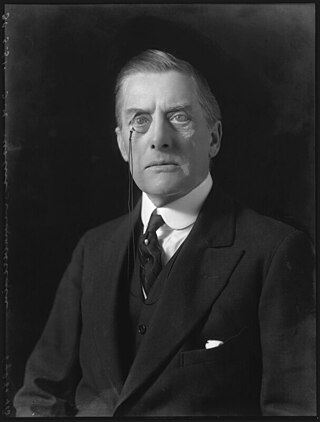
Sir Joseph Austen Chamberlain was a British statesman, son of Joseph Chamberlain and older half-brother of Prime Minister Neville Chamberlain. He served as a Member of Parliament (MP) for 45 years, as Chancellor of the Exchequer (twice) and was briefly Conservative Party leader before serving as Foreign Secretary.
A war cabinet is a committee formed by a government in a time of war to efficiently and effectively conduct that war. It is usually a subset of the full executive cabinet of ministers, although it is quite common for a war cabinet to have senior military officers and opposition politicians as members.

Sir Howard Kingsley Wood was a British Conservative politician. The son of a Wesleyan Methodist minister, he qualified as a solicitor, and successfully specialised in industrial insurance. He became a member of the London County Council and then a Member of Parliament.

Admiral Sir Hugh Francis Paget Sinclair,, known as Quex Sinclair, was a British intelligence officer. He was Director of British Naval Intelligence between 1919 and 1921, and he subsequently helped to set up the Secret Intelligence Service and GCHQ.
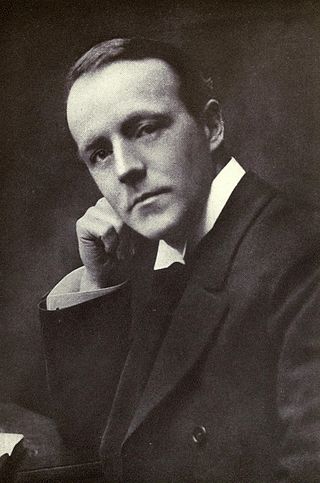
Walter Runciman, 1st Viscount Runciman of Doxford, was a prominent Liberal and later National Liberal politician in the United Kingdom. His 1938 diplomatic mission to Czechoslovakia was key to the enactment of the British policy of appeasement of Nazi Germany preceding the Second World War.

Maurice Pascal Alers Hankey, 1st Baron Hankey, was a British civil servant who gained prominence as the first Cabinet Secretary and later made the rare transition from the civil service to ministerial office. He is best known as the highly-efficient top aide to Prime Minister David Lloyd George and the War Cabinet, which directed Britain during the First World War.

Major General Sir Neville Reginald Howse, was an Australian Army officer, medical doctor, and politician. He was the first Australian recipient of the Victoria Cross (VC), the highest decoration for gallantry "in the face of the enemy" that can be awarded to members of the British and Commonwealth armed forces.

Neville Chamberlain formed the Chamberlain war ministry in 1939 after declaring war on Germany. Chamberlain led the country for the first eight months of the Second World War, until the Norway Debate in Parliament led Chamberlain to resign and Winston Churchill to form a new ministry.
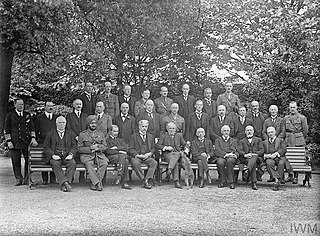
Liberal David Lloyd George formed a coalition government in the United Kingdom in December 1916, and was appointed Prime Minister of the United Kingdom by King George V. It replaced the earlier wartime coalition under H. H. Asquith, which had been held responsible for losses during the Great War. Those Liberals who continued to support Asquith served as the Official Opposition. The government continued in power after the end of the war in 1918, though Lloyd George was increasingly reliant on the Conservatives for support. After several scandals including allegations of the sale of honours, the Conservatives withdrew their support after a meeting at the Carlton Club in 1922, and Bonar Law formed a government.

Sir Eric Campbell Geddes was a British businessman and Conservative politician. With a background in railways, he served as head of Military Transportation on the Western Front, with the rank of major-general. He then served as First Lord of the Admiralty between 1917 and 1919. He then served as the first Minister of Transport between 1919 and 1921, in which position he was responsible for the deep public spending cuts known as the "Geddes Axe".

Admiral of the Fleet Roger John Brownlow Keyes, 1st Baron Keyes, was a British naval officer.

The Entente, or the Allies, were an international military coalition of countries led by France, the United Kingdom, Russia, the United States, Italy, and Japan against the Central Powers of Germany, Austria-Hungary, the Ottoman Empire, and Bulgaria in World War I (1914–1918).

The 19th New Zealand Parliament was a term of the New Zealand Parliament. It opened on 24 June 1915, following the 1914 election. It was dissolved on 27 November 1919 in preparation for 1919 election.

Auckland Campbell Geddes, 1st Baron Geddes, was a British academic, soldier, politician and diplomat. He was a member of David Lloyd George's coalition government during the First World War and also served as Ambassador to the United States.
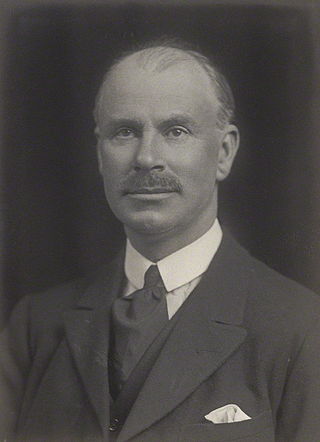
Edward William Macleay Grigg, 1st Baron Altrincham, was a British colonial administrator and politician.
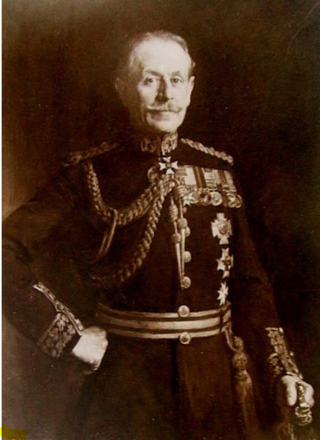
Sir Neville Francis Fitzgerald Chamberlain, was an officer in the British Indian Army. He was later Inspector-General of the Royal Irish Constabulary, and resigned in the aftermath of the 1916 Easter Rising in Ireland. He is credited with having invented the game of snooker while serving in Jubbulpore (Jabalpur), India, in 1875.

The early life, business career and political rise of Neville Chamberlain culminated on 28 May 1937, when he was summoned to Buckingham Palace to "kiss hands" and accept the office of Prime Minister of the United Kingdom. Chamberlain had long been regarded as Prime Minister Stanley Baldwin's political heir, and when Baldwin announced his retirement, Chamberlain was seen as the only possible successor.
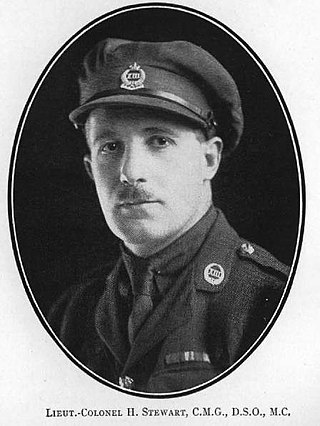
Hugh Stewart, was an academic, soldier and historian whose work had a major impact in both England and New Zealand.
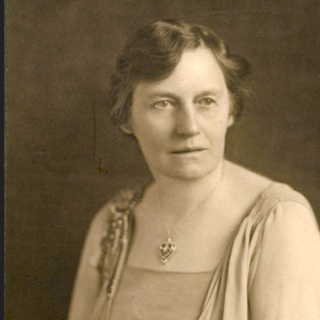
Florence "Ida" Chamberlain was a British political organiser and activist in Birmingham. She moved to Hampshire, where she was a County Councillor and that county's first woman alderman.
















